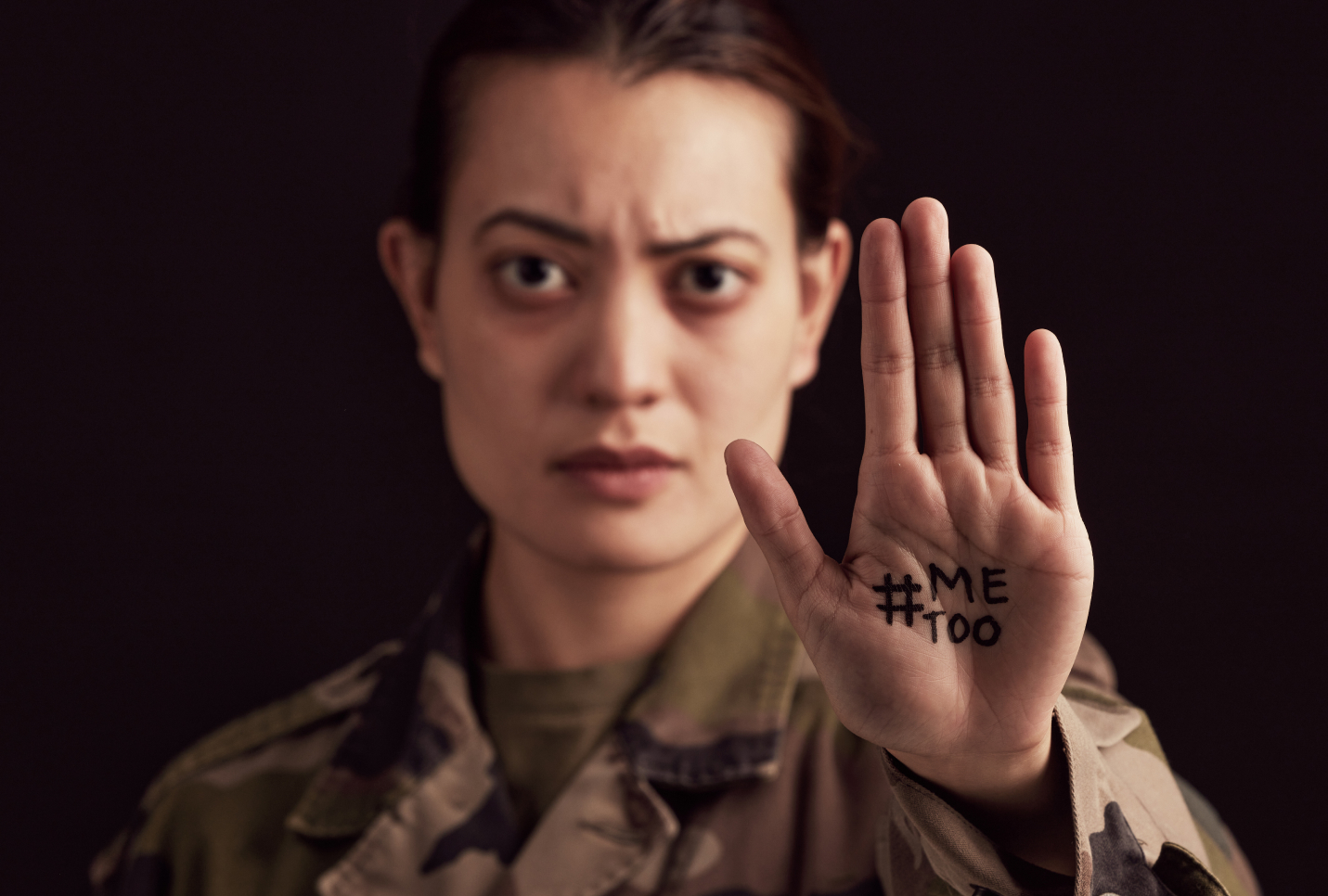
Military sexual trauma (MST) is a serious issue affecting many Veterans who have bravely served the United States. MST refers to sexual assault or harassment experienced during military service. Both men and women in the armed forces are at risk, although female service members report higher rates of sexual assault compared to their male counterparts.
Veterans who experienced Military Sexual Trauma Attorneys during their time in the military may have grounds for disability compensation from the Department of Veterans Affairs (VA). Here are some things veterans need to know about military sexual assault.
The Department of Defense’s (DOD) most recent annual report on sexual assault in the military, released in fiscal year 2023, shows a decline in the prevalence of sexual assault in the active-duty force compared to 2021 levels. This marks the first decrease in nearly a decade and reflects significant progress in reducing unwanted sexual contact amid a series of DOD reforms aimed at tackling the issue.
An Independent Review Commission on Sexual Assault in the Military was established in 2021 to study the issue and provide recommendations to department leaders on how to reduce instances of unwanted sexual contact.
As a result, the DOD made major updates to the Uniform Code of Military Justice, which hasn’t seen changes this big since it was first created in 1950. It set up new Offices of Special Trial Counsel in each branch of the military to handle prosecutions for sexual assault and other serious crimes.
Instead of unit commanders making decisions about prosecuting serious criminal offenses, that responsibility now falls to independent military lawyers who have special training. Secretary of Defense Lloyd Austin also pushed for more funding to be put toward preventing sexual assault. With the support of Congress, funding for these prevention efforts has almost doubled in the 2023 and 2024 fiscal years.
According to the DOD’s report:
The report also notes statistically significant decreases in unhealthy command climate indicators, which correlate with the decrease in unwanted sexual contact. Both women and men reported declines in experiences of sexual harassment or a climate of sexual harassment.
Despite these improvements, the downward trend in the prevalence of unwanted sexual contact affecting women was not consistent across all services. The figures show statistically significant decreases for active-duty women in the Navy, Air Force, and National Guard, but not in other branches.
Veterans who have experienced MST may struggle with a wide range of physical and mental health challenges. According to the VA, military sexual trauma is associated with conditions such as:
These health issues can persist long after the trauma occurred and significantly impact a Veteran’s quality of life, relationships, and ability to work.
While the VA does not provide direct benefits for sexual assault itself, Veterans who develop disabilities as a result of MST may be eligible for service-connected disability compensation. For example, if a Veteran experiences PTSD due to MST, they may qualify for disability benefits for PTSD.
To receive disability benefits, Veterans must provide evidence that their disability is connected to their military service. This can be challenging in cases of MST, as many incidents go unreported, and survivors may not have access to official records documenting the trauma.
Veterans are not required to hire a lawyer to file a claim for benefits related to MST. However, working with an experienced Veterans law attorney can significantly improve the chances of a successful claim. An attorney can help:
Veterans who are MST survivors need to know they are not alone and that help is available. The VA offers free, confidential counseling and treatment for Veterans who have experienced MST, regardless of whether the incident was reported or if the Veteran is eligible for other VA services. Veterans can contact their local VA healthcare facility or Vet Center to learn more about these resources.
In addition to seeking mental health support, connecting with other MST survivors and advocates can provide a sense of community and empowerment. Organizations such as Protect Our Defenders and Service Women’s Action Network (SWAN) offer resources, support, and opportunities for survivors to share their stories and advocate for change.
Exposing military sexual assault is an important step in holding perpetrators accountable and preventing future abuse. MST survivors demonstrate incredible strength and resilience by coming forward with their stories. They also play a vital role in creating a safer, more just military culture for all service members.
Veterans who have experienced military sexual trauma including military sexual assault and are struggling with related disabilities have the right to seek VA disability benefits. However, navigating the claims process can be challenging, especially when dealing with the sensitive and deeply personal nature of MST. With resources and legal advocacy, MST survivors can find a path toward healing, justice, and empowerment.
At Berry Law, the attorneys and staff understand the unique challenges faced by Veterans who have experienced MST. Many of the team members are Veterans themselves, so they have firsthand knowledge of the military culture and the difficulties that can arise when reporting sexual assault or harassment within the ranks. The team at Berry Law approaches every case with compassion, respect, and a commitment to advocating for the maximum benefits their clients deserve.
Scheduling a confidential consultation with one of Berry Law’s skilled Veterans law attorneys is the first step in getting the support and advocacy needed. No one should let the trauma of MST define their life any longer. Call 888-883-2483 or fill out our online contact form for a confidential consultation. Berry Law represents Veterans in all 50 states and its legal team is available 24/7.
Our monthly newsletter features about important and up-to-date veterans' law news, keeping you informed about the changes that matter.